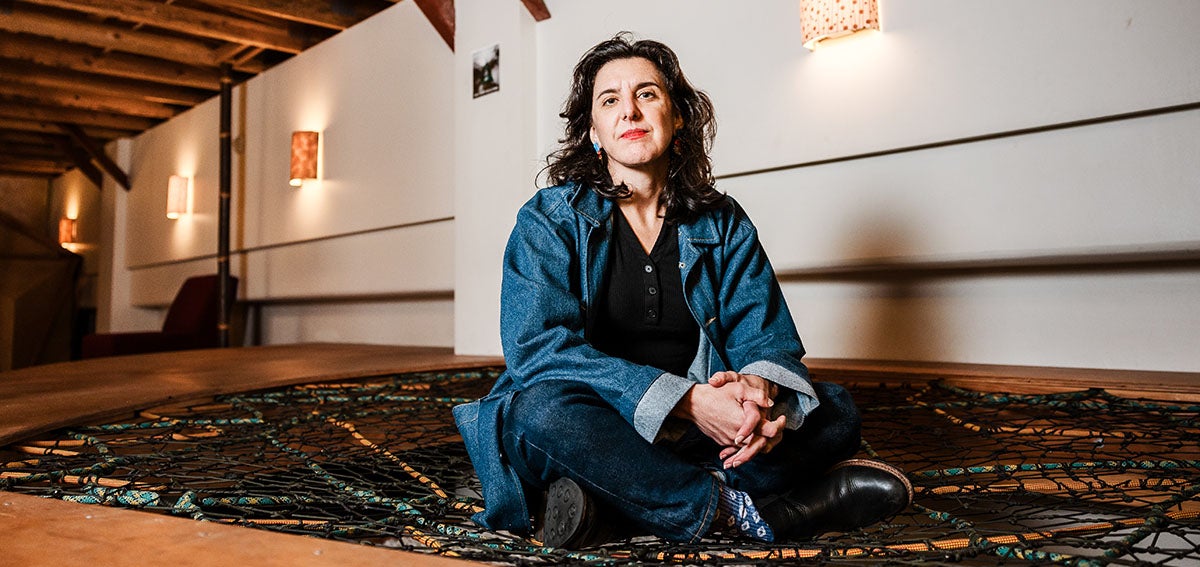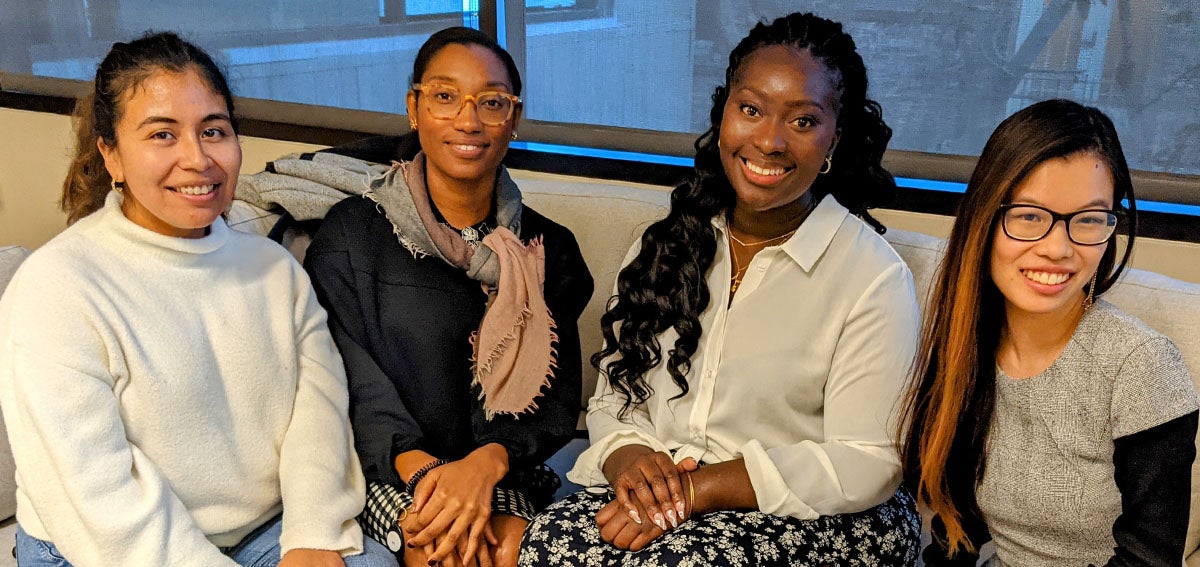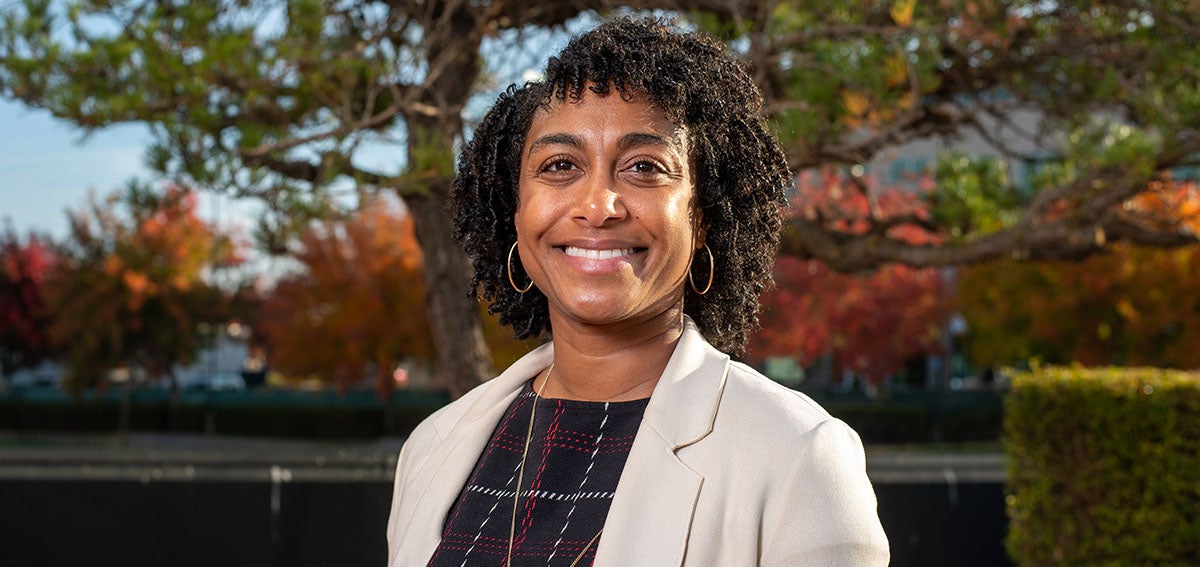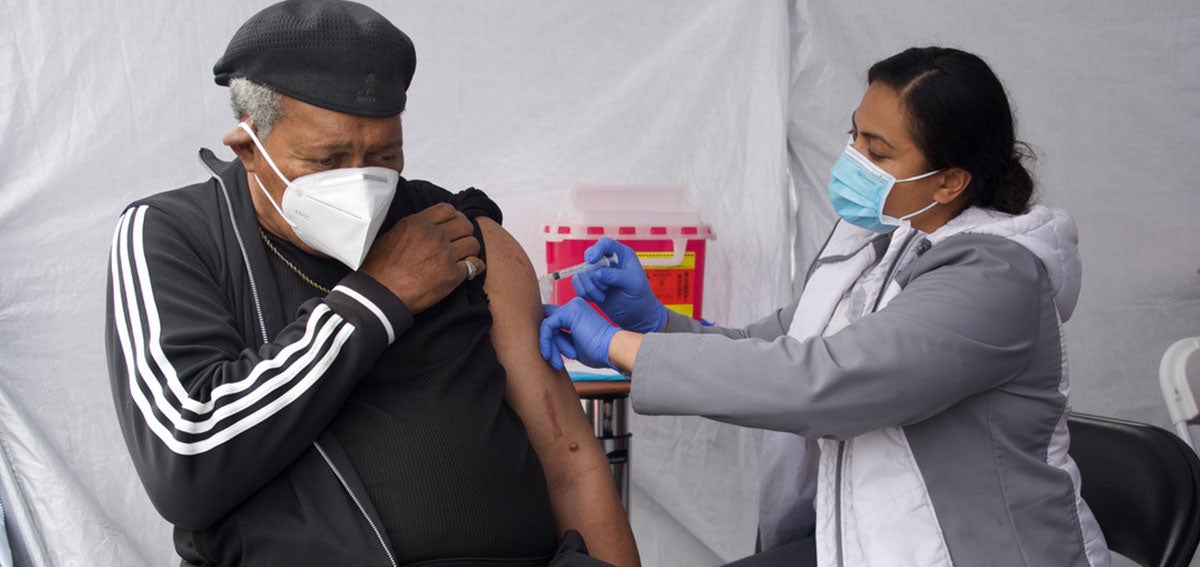
The number of people getting vaccinated for COVID-19 is picking up speed, but pledges to deliver shots in an equitable way are a long way from being fulfilled. Despite the significantly greater rates of infection and death in communities of color, more shots have been going into White arms than Black or Latinx ones.
The supply of vaccines delivered to states has increased recently, and California’s vaccine priorities have expanded beyond health workers, nursing home residents, and people over 75. At the same time, the Biden administration has embraced the country’s large network of community health centers as vaccination sites and made them a centerpiece of efforts to assure that vaccines reach residents of disproportionately impacted communities. This gives California a better shot at achieving vaccine equity — and that effort has fallen in large part to community-based health centers and to broader coalitions and partnerships that seek to boost the health and wellness of underserved populations by addressing the social determinants of health. These coalitions use community health workers and promotores to connect people to services, including vaccinations.
These safety-net organizations are working hard to educate their clients about the importance and safety of the vaccines and to overcome well-placed mistrust of the medical system. Aletha Maybank, chief health equity officer for the American Medical Association, says such fears are a product of the “well-documented harms” of experimentation and neglect inflicted on Black people and other communities of color by US medical institutions.
So how has the growing number of Californians vaccinated through community health networks been affected by COVID-19? Were they hesitant or afraid to get vaccinated? Has the vaccine changed their lives?
Here are the stories of four people who got their shots through LifeLong Medical Care, a group of community clinics serving the Greater East Bay, and through the Chula Vista Community Collaborative, a coalition of community organizations and clinics that works to improve health and wellness in San Diego County’s second-largest city. Without the activities of these organizations, far fewer people in communities of color would be getting vaccinated.
“I Have Grown Up a Lot”
Getting vaccinated for COVID-19 was an empowering experience for 81-year-old Willie Posey, who was initially hesitant. Initially, he resisted the idea “because of the problems with African Americans around medical issues and how the Tuskegee people were treated,” he said, referring to the infamous study, at the Tuskegee Institute in Alabama, of Black men with syphilis without their knowledge and consent. “That hesitancy is rampant in the African American community, and yes, I had it.”
“I spent a lot of time taking the information from medical people over the last few months, through the news and Dr. Fauci,” he said. “I have grown up a lot. Even at my age, I can take in information.” In early February, he got his first shot of the Moderna vaccine, “and I’m excited as all get out that I did it, man. It’s a trip.”
Posey has lived in and around Oakland since his large family — including nine boys and three girls — moved from Arkansas in 1945. Posey, who spent years working as a furniture mover for UC Berkeley, has diabetes and prostate cancer and has battled addiction. This year, “if it’s the will of the creator,” he’ll reach 30 years of sobriety.
A patient of the Over 60 Health Center of LifeLong Medical Care, he has learned the importance and power of support. He talks to his Alcoholics Anonymous sponsor almost daily and since the onset of the pandemic has continued to meet with a prostate cancer support group via Zoom. He credits his therapist, Catherine Lee, with taking the time to know and understand him.
“This woman has helped me through some of the things that come into my head, and she lets me know that I can breathe,” he said. “She is so freaking special in my life.”
He also is applying other lessons, like wearing two masks, and he plans to share his experience of getting vaccinated with men in his support group and in the wider community. “It’s about helping us get this vaccine, because it will be safer for us,” he said. “I need to carry that message into the heads of Black people.”
“I Know a Lot of People Who Have Died with This”
When the pandemic hit last March, Azucena Lopez de Nava and other staff members of the Chula Vista Community Collaborative quickly reorganized. The Family Resource Centers, which the collaborative runs at local schools, had to cease in-person operations even as the needs of the families they serve intensified.
“We contacted every family at some of the schools and asked how we could help them,” said Lopez de Nava, who works as a promotora, or community health worker.
The needs were significant. The staff began delivering food, helping families apply for housing and food assistance, and distributing face masks. They spread the word about ways to stay safe and helped people get COVID-19 testing. Recently, the team has been educating community members about the benefits of vaccination. And because Lopez de Nava is a frontline worker in direct contact with families, she got her first shot in January.
“To be in the first group, I was thankful,” she said. “I was nervous, but it’s normal. You feel better when you know that thousands of doctors were getting it first. Then you feel relief: If they do it, I don’t have nothing to worry about. I just have to trust the science.”
Now, when she urges community members to get injected, she leads with the experience of her large extended family in Mexicali, the border town she hails from. Nearly all have been infected with COVID-19. None of her relatives has died, but she knows many people there who have — “a lot, a lot, a lot. My family in Mexicali — every member can tell of someone who died.”
“La vacuna es segura,” she tells them. “The vaccine is safe. You don’t have to worry. I invite you to educate yourself. Don’t be afraid. Please, take the opportunity to protect yourself.”
Lopez de Nava just got her second shot, but said she’ll continue to wear her face mask and take precautions. “I feel more protected,” she said. “And I can’t wait to travel to Mexico to see my family.”
“It Ain’t Over Until God Says It’s Over”
The Rev. Johnnie Clark has lots of experience with disasters. He and his wife Gloria fled New Orleans after Hurricane Katrina devastated the city in 2005. They lost almost everything and moved to Oakland, where two of their sons were working as ministers with the Word Assembly Family of Churches.
The elder Clark joined their efforts and began leading the Love-N-Action program, which provides free breakfasts and dinners to hungry people, gives toys to families with low incomes, and works on community development. He also began going to county jails to preach to prisoners.
At the start of the pandemic a year ago, Clark, 73, and his wife, Gloria, returned to New Orleans to celebrate his mother’s 95th birthday at the church that had long been their spiritual home.
“My doctor told me not to go,” Clark said. “But with my mother turning 95, I didn’t feel I had a choice.” Everyone had a “marvelous time,” and Clark and his wife returned to Oakland. A few days later, he was watching TV and started gasping for breath. He was rushed to the hospital, where doctors induced a coma and put him on a ventilator for two weeks. His mother, sister, and brother also were infected, but none got as sick as he did.
“When they took me off the ventilator, they didn’t know if my organs would work; I might be a vegetable,” Clark said. “But God is merciful and kind.” Almost a year later, he continues to feel the effects. He used to walk a mile three times a day and could complete it in 12 minutes. Now, he said, “I walk a block and have to catch my breath.”
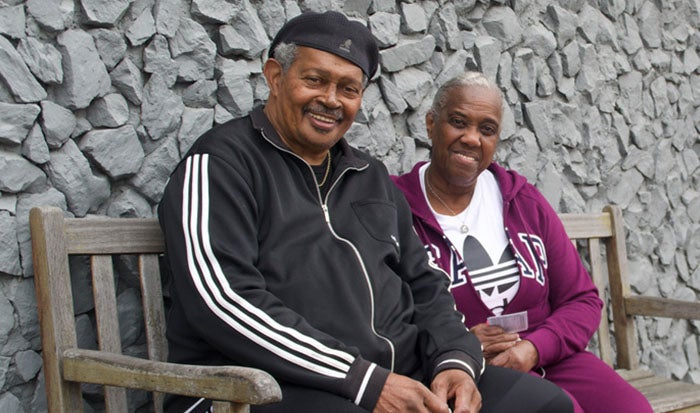
For a time, the experience sapped his spirit, and he couldn’t take care of himself or control his body. He feared he’d never return to his work. “The pain of not being able to do for yourself tears you down physically and spiritually,” he said. Things got so bad, he said, “that I asked the Lord to show me the way to kill myself.”
But Clark made it out of the hospital and resumed preaching through the medium of Facebook. The theme of one recent sermon, he said: “It ain’t over until God says it’s over.”
In January, a LifeLong nurse called with some news: He could go to the vaccination clinic at LifeLong’s East Oakland health center. “I couldn’t wait,” he said. And he didn’t. He and Gloria went the same day, and they returned on February 12 for their second shots.
Now he ends Facebook sermons with the same basic message: “Take care of yourselves. Be safe. Keep your mask on. Wash your hands continuously, and whatever you do, stay out of crowds. And when the vaccine is available to you, be sure to take it.”
“We All Have to Plant Our Grains of Rice”
Leticia Ortega, 68, lives in a senior housing complex in San Diego and is used to frequent visits with her three children, along with friends and neighbors in her building. When the coronavirus hit, she felt isolated. Visitors weren’t allowed in, and she rarely ventured out.
She got more worried when she learned that relatives had been infected. Over time, her sense of isolation eased a bit as she began to venture out to medical appointments and to visit her children. She also worked to change her mindset.
“I realized that if I gave in to those feelings, it could affect my health and my children’s, so I changed my mentality,” she said in Spanish as her daughter, Rebecca Enriquez, translated.
To keep engaged, she sewed more than 100 masks for family members and for the Chula Vista Community Collaborative, where Enriquez works as a resource specialist.
As news about vaccines emerged, she was fearful. “I heard a lot of rumors and stuff that other people said, and it made me worried,” she said. But she started paying closer attention to public health messages, and her fears abated.
“My mom always does her research,” Enriquez said. “After she realized that what people were saying was rumors, she wasn’t afraid. She made herself calm.”
Ortega also realized that her underlying conditions — arthritis, diabetes, and fatty liver disease — increase her vulnerability, making vaccination all the more important. She got her first shot on January 30 and had no side effects. She’s eager to get the second shot and will advise her friends to do the same.
“For the pandemic to end, we all have to do our part as citizens and not just rely on the government,” she said. “We all have to put our little seed, our little grain of rice, in the ground and make it grow.”
Authors & Contributors

Rob Waters
Rob Waters is an award-winning health and science writer whose articles have appeared in BusinessWeek, Mother Jones, Stat, San Francisco magazine, the San Francisco Chronicle Sunday magazine, the Los Angeles Times, and many other publications. He is the founding editor of MindSite, a digital publication covering mental health news scheduled to launch in fall 2021.


